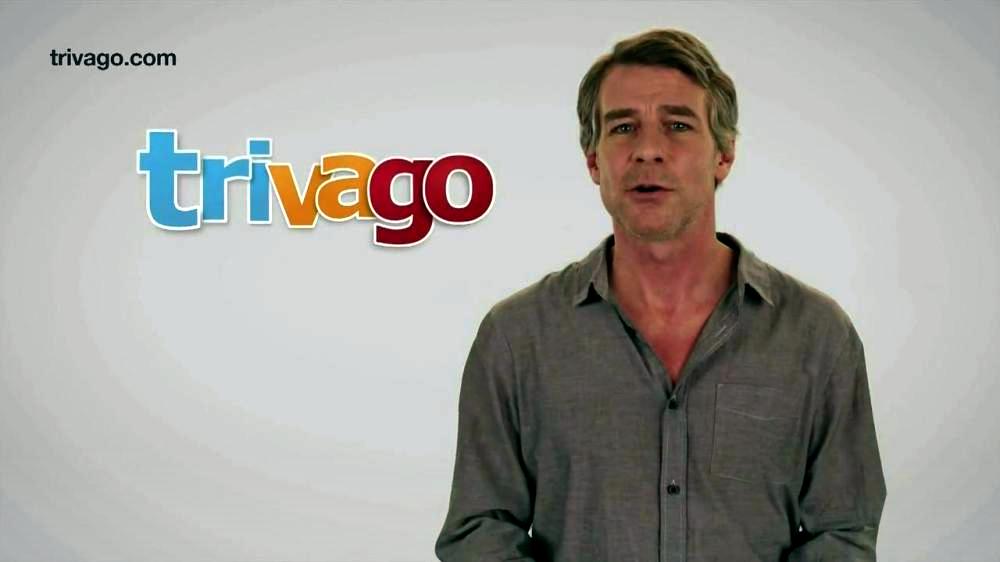Is Travel Metasearch Still Sizzling?

Skift Take
Recently, we came out with a report in our Skift Trends series, The State of Travel Metasearch in 2015. Below is an extract.
Get the full report here to get ahead of this trend.
There was so much interest in, and growth among, travel metasearch companies in 2013 and into 2014 after two big public companies, the Priceline Group and Expedia Inc., acquired metasearch sites Kayak and Trivago, respectively, that it is important to consider whether metasearch has maintained or even accelerated that momentum.
To the extent that it is quantifiable, the answer seems to be mostly “yes,” although there are downdrafts in play, as well.
Hugo Burge, the CEO of UK-based Momondo Group, which includes metasearch engines Momondo and Cheapflights, says its own internal study projects that the global metasearch industry — not merely the Momondo Group — will produce a more than a 40 percent compound annual growth rate from 2014 to 2017.
“We believe that a small handful of global players, including us, will take the majority of growth, whilst players who are just confined to local markets, except big ones like China, will struggle,” Burge says.
Setting aside the question of whether the Momondo Group will be one of those big winners, others, such as Adam Goldstein, co-founder and CEO of metasearch site Hipmunk, would argue that it is the strong local players that actually have the advantage.
“For whatever reason, it feels like the dominant metasearch players in each region are the ones that originated in that region and I think there’s lots of theories for this,” Goldstein says. “The one that resonates the most with me is I think there really are significant differences in customer psychology, buying behavior, frequency of purchase, and all of that kind of thing that are region-specific and it just sort of makes sense that the people who come from those areas would understand those best. Once companies establish a foothold in a particular region, then they naturally try to expand elsewhere, but so far it doesn’t seem like any of them have been able to kick off the throne the dominate ones who are already in those regions.”
Ross Veitch, the co-founder and CEO of Singapore-based Wego, which fields metasearch sites in Asia-Pacific and the Middle East, looks at the sector and its growth trends from an emerging markets perspective.
“With investors, the travel metasearch model seems as hot as it’s ever been, at least from my vantage point in Singapore running an emerging-markets focused business,” Veitch says. “The travel meta model has proven that it’s a winner with consumers over many years in the developed world and that a very large, scalable, profitable businesses can be built from it. Qunar has proven that the model, albeit with a lot of after-market modifications, works just as well in the fast-growing emerging market.”





